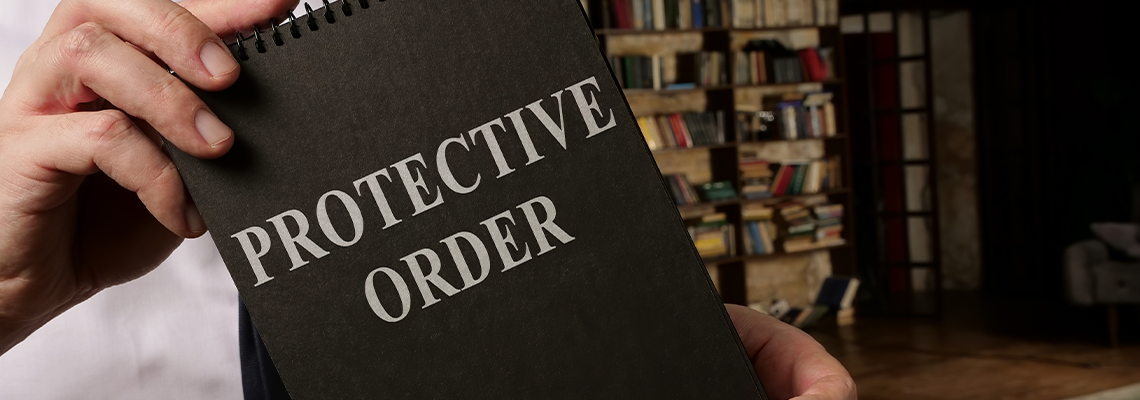
When to File a Protective Order in Business Litigation
A protective order can have two different meanings and applications. One type of protective order is a restraining order against an individual that prohibits certain conduct by that individual. The other type of protective order concerns the discovery process in legal proceedings. In the latter sense, a defendant can seek a protective order to shield against certain aspects of the discovery process.
Discovery begins with a set of interrogatories—questions—filed with the lawsuit against a defendant. From there, it evolves into scouring applicable documents, records, and data, as well as questioning witnesses. A protective order in California court cases will help shield against over-zealous discovery tactics used against potential witnesses and protect the confidentiality of any document search.
If your business is involved in litigation in or around Irvine, California, and you’ve heard of protective orders but not sure if you need one, contact William B. Hanley, Attorney at Law. Business litigation Attorney William B. Hanley has 40-plus years in representing businesses and protecting their rights and interests. He will meet with you, assess your situation, and advise you of the best approach going forward, including the potential of filing for a protective order. His firm proudly serves clients throughout Orange, Los Angeles, and San Diego counties.
What Is a Protective Order Under California Law?
Interrogatories will arrive with the lawsuit that is being filed against your business and you have 30 days to respond. This means you must act quickly. Your aim should be to avoid letting the plaintiff’s legal team get the upper hand. If you don’t respond, that’s the worst possible outcome because it might lead to a default judgment against your firm.
One way to level the playing field and even shift the odds subtly in your favor is through filing a protective order. The California Code of Civil Procedure provides that “When interrogatories have been propounded, the responding party, and any other party or affected natural person or organization may promptly move for a protective order.”
The same section notes that “justice requires [the court] to protect any party or other natural person or organization from unwarranted annoyance, embarrassment, or oppression, or undue burden and expense.” Furthermore, the defendant through a protective order can request that “the method of discovery be an oral deposition instead of interrogatories” and that “some or all of the answers to the interrogatories be sealed and thereafter opened only on order of the court.”
In other words, a protective order can protect the privacy of the defendant’s internal documents and testimony given during interrogatories, which precede any courtroom action. Section 2931.61 defines what can be protected as “documents, tangible things, places, or electronically stored information.”
What Else Does a Protective Order Provide?
In addition to changing interrogatories from written to oral responses and then sealing the documents and other responses procured during discovery, a protective order can be requested to:
Exclude certain items or categories sought in the discovery process
Extend the time frame for discovery
Move the site where the discovery items will be produced
Specify terms and conditions for inspecting, copying, testing, or sampling of the discovery items
Limit or exclude trade secrets or other proprietary information
What If the Protective Order Is Denied?
The Code also requires of the court that: “If the motion for a protective order is denied in whole or in part, the court may order that the party provide or permit the discovery against which protection was sought on terms and conditions that are just.” In other words, even if your request fails in whole or in part, you still have accomplished the goal of making sure the discovery process is “just.”
Seek Trusted Legal Guidance
Time is of the essence. If you are being sued, you need to act quickly. A protective order can help you in several ways, including giving you more time to respond, protecting both personnel and internal resources from overzealous attorneys on the plaintiff’s side, and keeping your internal documents sealed and away from the public eye.
If your business is facing a lawsuit in or around Irvine, California, reach out immediately to William B. Hanley, Attorney at Law. Business Litigation Attorney Hanley will bring his four decades of experience and knowledge of California’s laws and legal procedures to preserve your rights and mount an aggressive defense to secure the best result possible.
